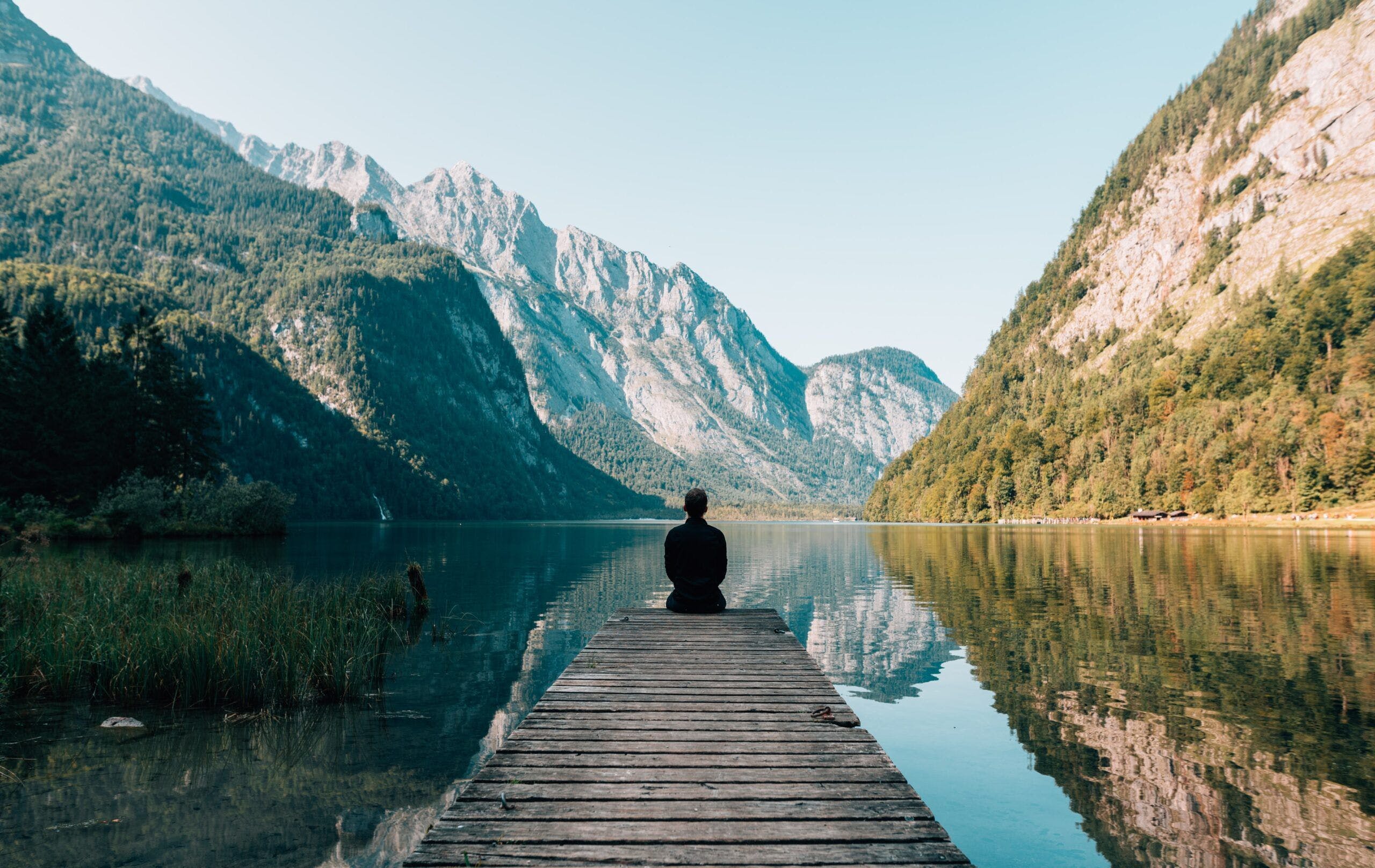Many people love to travel even if we don’t necessarily understand why we know that it brings variety and fun to otherwise mundane lives.But when people truly love something, it permeates their lives. For instance, dog lovers don’t simply own a pet or two. They get premium-quality dog-grooming shears, dress up their pets for shows, and build routines around them.
Are you really benefiting from travel by allowing each experience to infuse your life with more meaning?
Or are you just taking pictures and buying souvenirs like everyone else?Understanding the scienceThe potential benefits of travel have something to do with the mechanics of our brains. The mind has a property called neuroplasticity.
It affects how readily we adaptand how receptive we are to new information.Neuroplasticity is at its peak during childhood and declines in adulthood. As we settle into routines, our minds tend to become fixed in terms of thinking and processing. It usually takes a deliberate effort to jolt ourselves out of that mindset, and as a source of novel experiences, travel is a great way to do that.Without knowing the science, most people can still benefit from travel. However, their enjoyment tends to be short-lived.
They visit places to see the sights, taste the food, or do some shopping. They share their experiences with others, which is simultaneously a form of comparison that invites status envy and FOMO (‘fear of missing out’). Limited to such forms of pleasure, anybody would feel that returning to the same place can only yield diminishing returns.Consequently, many people approach travel with the ‘bucket list’ mindset. After all, most of us have limited opportunities and resources to go on a trip for leisure.
Why not maximize your trips by going somewhere else each time and trying to squeeze as many attractions as possible into each visit?
A spiritual approachIn the Middle Ages, books were a rare and valuable commodity. In fact, Gutenberg’s printing press signaled the end of this era. Before this invention made the mass production of books possible, every tome was hand-made.This time-consuming task was often the job of monks in religious orders. Thus, the creation, preservation, and most importantly, the reading of books was part of a greater collective spiritual activity.Unsurprisingly, the Bible was the most read book in the Western world during this period. And monks studied scripture using a technique called lectio divina. Under this method, reading is only one component of the process. Afterward, you think about what you’ve just read.
This is followed by singling out the most meaningful word, phrase, or sentence and repeating it like a mantra, as though trying to become one with it. Finally, the reader takes rest to contemplate those words further.While the origins of lectio divina are naturally steeped in religion, it still holds value for those of secular orientation.Once rare, books are now commonplace. So is reading, and for many, it has ceased to be practiced as a skill. People read casually, often to check a ‘must-read’ book off their list.
Seldom do we proceed to meditate in-depth on a book we’ve read. Even rarer is the reader who goes through the ‘oratio’ and ‘contemplatio’ stages of reflecting on the printed word.Contemplation and travelIncidentally, becoming engaged while reading a book is also a good way to increase your neuroplasticity and heighten learning. And the lessons of the lectio divina can be transposed to how we approach our travels as well.
Have you considered taking a ‘less is more’ approach towards travel?
Instead of packing your itinerary full of must-see attractions and spending less than half an hour at each stop, improve quality rather than quantity.You’ll feel less pressure to do what everyone else is doing. Fewer intra-day trips will consume less time and energy. Without the rush and hassle of sticking to a hectic travel schedule, you can slow down the pace and actually enjoy the moment and place you’re in.Afterward, give more time to reflect on what you’ve experienced. Don’t get caught up in planning what’s next on the agenda or feeling frustrated that things didn’t go according to plan. They seldom do when you’re traveling.
Relax, be still, reflect on your day, and express gratitude for the novel experiences you’ve had. Single out something that made a particular impression and chew on it. This process will help travel permeate your life and bring greater meaning to it. Along the way, you may realize that there’s no point comparing your experiences to others and that what matters is how we go about our own unique journeys.



Comments are closed.